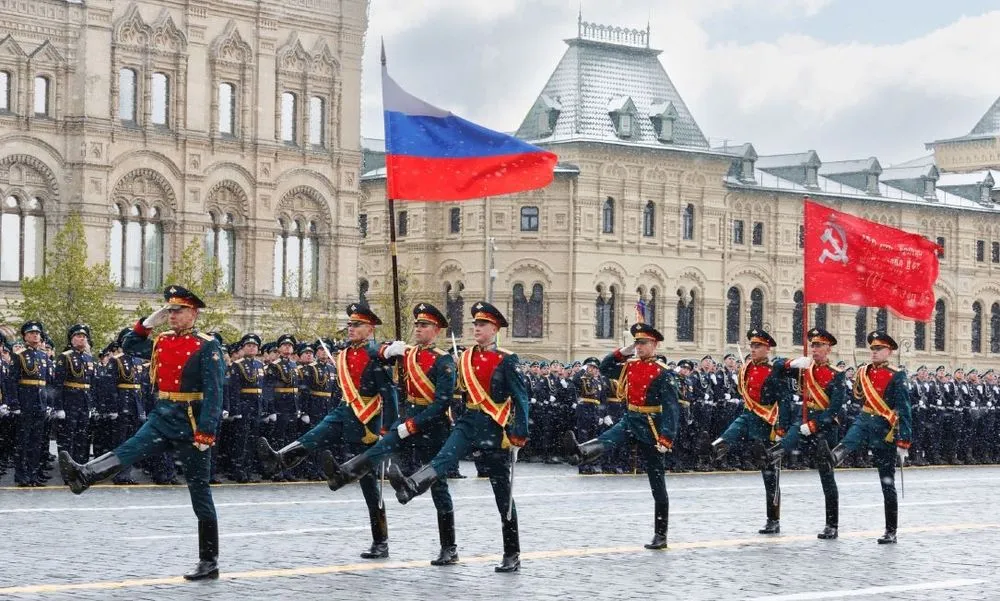Russians face massive mobile internet restrictions ahead of Victory Day parade
Russian authorities have imposed mobile internet restrictions in Moscow and surrounding regions ahead of Victory Day celebrations, citing security concerns.
Kremlin spokesperson Dmitry Peskov said on Wednesday that the measures could remain in place through May 10, while foreign leaders visit the Russian capital. “These are not outages, but restrictions for understandable reasons,” he said. “We want the glorious Victory Day to be celebrated at the proper level.”
Victory Day, held annually on May 9, commemorates the Soviet Union’s defeat of Nazi Germany in World War Two. This year, 30 foreign leaders, including Chinese President Xi Jinping, are expected to attend a military parade in Moscow.
Peskov blamed the need for restrictions on a “dangerous neighbor,” a veiled reference to Ukraine. Among the suspected reasons for the move is the risk of drone strikes from Ukraine, according to local media reports.
Officials in Russia’s southern Rostov region recently confirmed that mobile internet speeds are being throttled at night due to the threat of drone attacks. Following a Ukrainian strike on Wednesday, mobile internet was disrupted in over 30 Russian cities, though the Kremlin has not formally commented on the restrictions.
Local telecom operators and companies have warned users of service disruptions during the holiday period. State-owned lender Sberbank said its app may not work over mobile networks and urged customers to use WiFi. Grocery chain VkusVill said express deliveries and card payments by couriers would be partly unavailable in Moscow until May 9, while Yandex Taxi reported temporary problems due to mobile network failures.
Taxi fares have surged in Moscow amid mobile internet outages, local media reported. The disruptions have also affected car-sharing services, as well as electric scooter and bicycle rentals. Authorities have urged residents to rely on public transport.
This is not the first time Russia has deliberately restricted internet access. In December, authorities attempted to disconnect several Russian regions from the global network to test the country’s so-called “sovereign internet” infrastructure. These trials mostly affected regions populated by ethnic minorities, including Chechnya, Dagestan and Ingushetia.
Russia also shuts down communications and takes social networks offline during protests or other socially significant events, such as elections. In January, social media apps Telegram and WhatsApp were disrupted in the remote region of Bashkortostan, where hundreds protested the sentencing of a local activist.
In Dagestan, local authorities were allegedly throttling access to WhatsApp due to the platform’s refusal to curb the spread of “calls to participate in extremist actions.”
Daryna Antoniuk
is a reporter for Recorded Future News based in Ukraine. She writes about cybersecurity startups, cyberattacks in Eastern Europe and the state of the cyberwar between Ukraine and Russia. She previously was a tech reporter for Forbes Ukraine. Her work has also been published at Sifted, The Kyiv Independent and The Kyiv Post.



